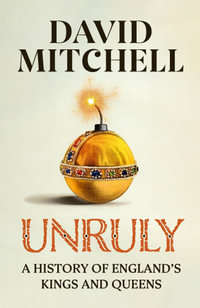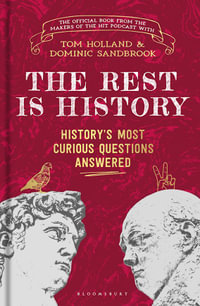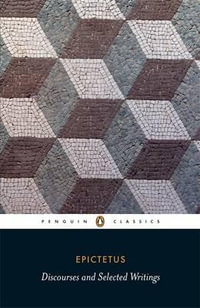Apart from an opening survey of modern study of ancient Jewish history, which emphasizes the foundational role of German-Jewish scholars, the studies united in this volume apply philological methods to the writings of four of them: Heinrich Graetz, Isaak Heinemann, Elias Bickerman(n), and Abraham Schalit. In each case, it is argued that some seemingly trivial anomaly or infelicity, in a publication about such ancient characters as Antiochus Epiphanes, Herod, and Josephus, points to the way in which the historian constructed, and revised, his understanding of the Jews' situation under Greeks or Romans in light of his perception of the Jews' situation under the Second or Third Reich. The collection also includes a study that focuses on a Jewish medievalist, Philipp Jaff , and unravels the indirect but inexorable process that led from a scholarly feud about the editing of medieval Latin texts, in the 1860s, to the "Berlin Antisemitism Dispute" (Berliner Antisemitismusstreit) of 1879-1881, which is commonly viewed as the opening act of modern German antisemitism.
Industry Reviews
"The studies collected in this volume constitute a significant contribution to the history of German-Jewish scholarship in the 19th and 20th centuries. They convincingly uncover the interplay between scholarly work, intellectual biography, and contemporary developments. The methodological approach itself is original: the precise reading and meticulous source-criticism characteristic of the work of ancient historians and medievalists are applied to the interpretation of scholarly texts, leading to new insights. Daniel R. Schwartz impresses in each of his contributions with clear and original questions, an outstanding knowledge of the sources, the integration of new evidence, and a masterly assessment of scholarly discussion." - Stefan Rebenich, Professor for Ancient History and History of the Reception of Antiquity, Universit¤t Bern, Switzerland.
























